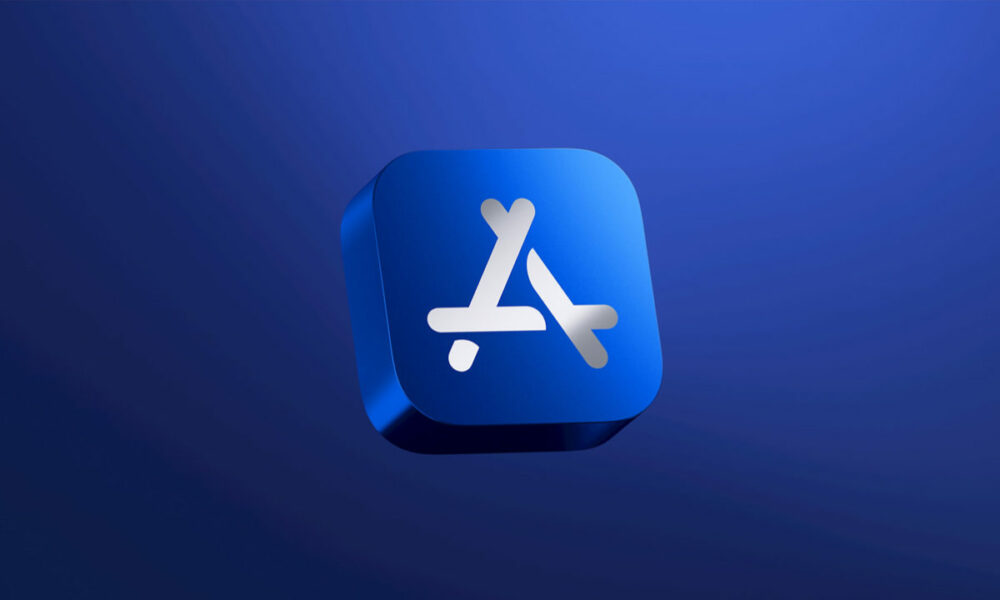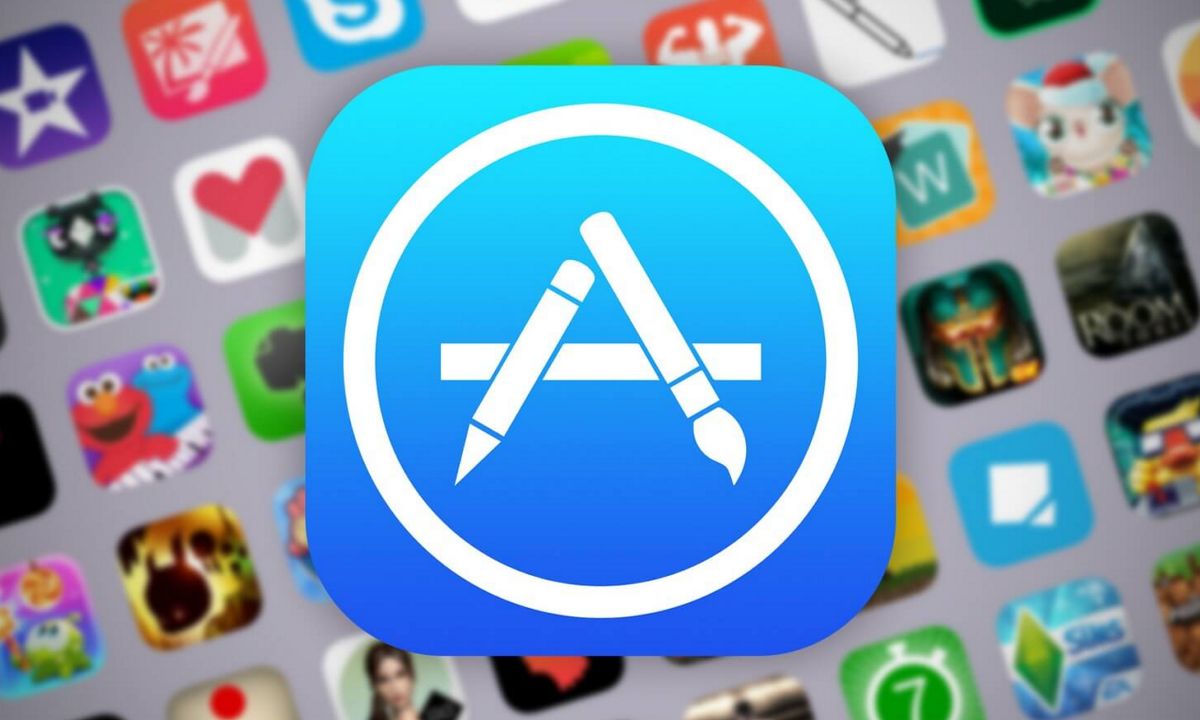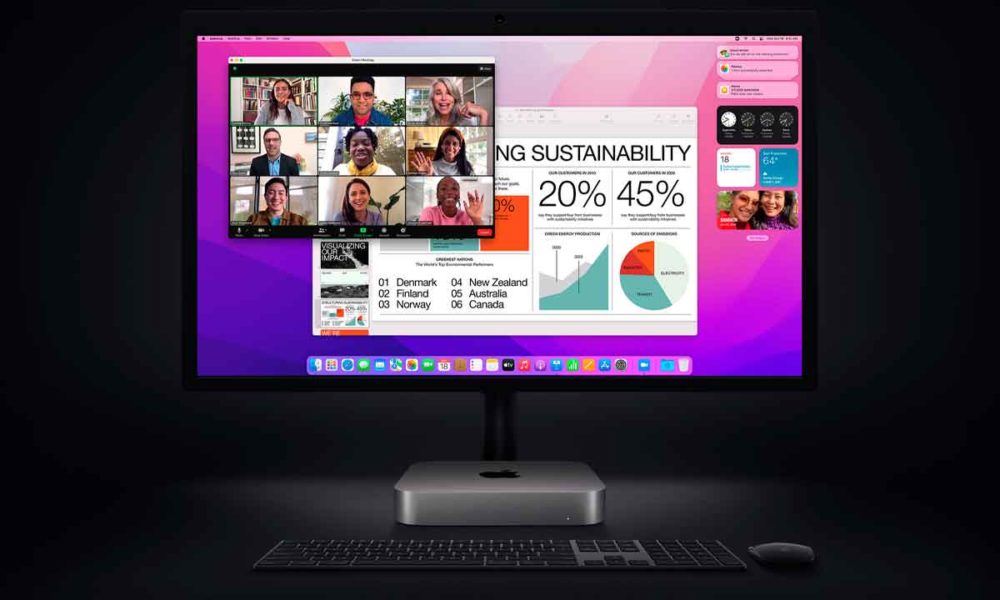
Earlier this week we told you that iOS 17 will allow sideloading of apps, something very long awaited both by iPhone users and, mainly, by a huge group of developers who do not want (or cannot) upload their applications to the App Store, either because of the “bite” of the digital store for each payment related to them , due to the strict conditions imposed on the content and the container, due to some decisions that may seem, at least seen from the outside, tremendously arbitrary… In short, even if we are not developers, it does not cost much to do a reflection exercise to quickly conclude that That claim makes a lot of sense.
side load, sideloading in English, is a function that has been always present in practically all operating systems in history. Obviously in Android, yes, but also in the total set of desktop operating systems, in other mobile operating systems… Come on, Apple with iOS is the exception and, given the pace that regulators are adopting in this regard, it seems It is sensible to think that it will not take long to stop being one, unless it wants to face sanctions like the ones it has already had to face in the Netherlands.
The European authorities are being, and this is something we should be grateful for in the old continent, pioneers in terms of defend consumer rights against certain policies of technology companies that prioritize their benefit over the rights of the user, as well as free competition in the markets. We have recently seen some examples, such as the advances in the right to repair, the standardization of USB-C as a universal charging port, the extension of the life of devices through software updates and, what concerns us in this specific case, facilitating free competition in closed environments, which is exactly the way iOS was conceived from its origins.
Soon, in Europe, Apple will be obliged to allow the presence of third-party stores, as well as payment through third-party systems, in the iPhone operating system, which is why we hope that this obligation will be reflected in the future iOS 17, which will be presented at WWDC 2023 and will begin to reach users in mid-September, a few days after the presentation of the iPhone 15. However, in statements by Mark Gurman to MacRumors, Sideloading in iOS 17 will only reach Europe, in response to the legal regulations of the old continent.
This makes a lot of sense though technically it can give some problemsto which we must add that the systems to bypass this limitation will probably proliferate soon and very quickly, unless Apple goes all out and uses some physical means to distinguish iPhones distributed in Europe from those sold in the rest of the world… and, by the way, that decides to raise the price of the same, justifying it precisely because of the additional cost of having to adopt said measure.
The App Store is an exceptional source of revenue for Apple, and this should make us understand their sleeplessness to maintain the current model. However, when analyzed with a minimum of objectivity, it seems clear that we are talking about a model that does not fit into the current context, at least not if it is compulsorily imposed on the user. It is true that the famous fenced garden of iOS has a positive effect on user security, and therefore I am convinced that, given a choice, many would choose to maintain this model. However, forcing users who want “something more” to have to resort to means such as the jailbreakis a clear sign that those of Cupertino are not adequately satisfying the interests and needs of their users.




